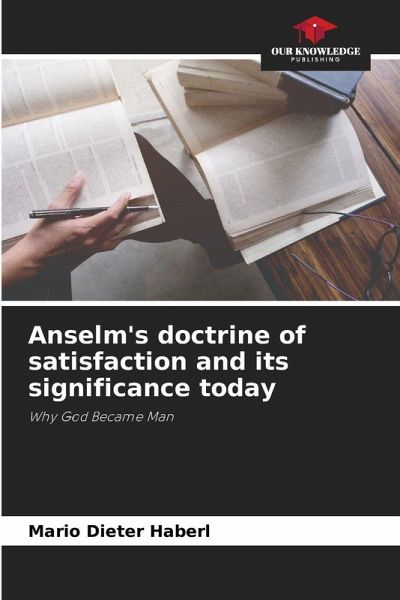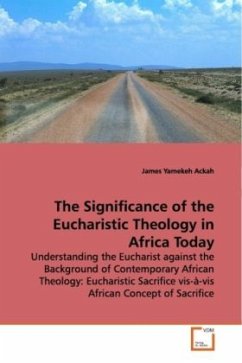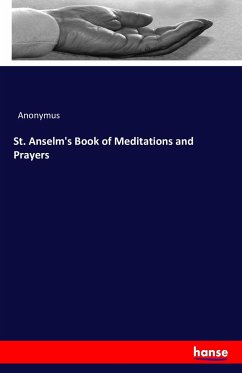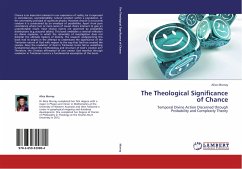
Anselm's doctrine of satisfaction and its significance today
Why God Became Man
Versandkostenfrei!
Versandfertig in 6-10 Tagen
16,99 €
inkl. MwSt.

PAYBACK Punkte
8 °P sammeln!
The redemption of humanity through Jesus Christ is an integral part of the Christian faith. It has challenged believers to reflect for nearly 2,000 years. Alongside enthusiasm, doubts have always been voiced. In scientific theology, redemption is primarily dealt with in soteriology. It is closely related to Christology. Anselm of Canterbury made an important contribution to this with 'Cur Deus Homo'. Anselm's central concepts are 'necessity', "justice" and 'mercy'. Anselm is a thinker of the High Middle Ages, which is why the historical context must be taken into account, as is evident in Anse...
The redemption of humanity through Jesus Christ is an integral part of the Christian faith. It has challenged believers to reflect for nearly 2,000 years. Alongside enthusiasm, doubts have always been voiced. In scientific theology, redemption is primarily dealt with in soteriology. It is closely related to Christology. Anselm of Canterbury made an important contribution to this with 'Cur Deus Homo'. Anselm's central concepts are 'necessity', "justice" and 'mercy'. Anselm is a thinker of the High Middle Ages, which is why the historical context must be taken into account, as is evident in Anselm's scientific approach to the subject. Anselm presents the need for human redemption before addressing the central points of his concern. Through the person of the Redeemer, Anselm works his way towards redemption through Jesus Christ. Anselm's concern thus extends to the present day through his doctrine of God.












